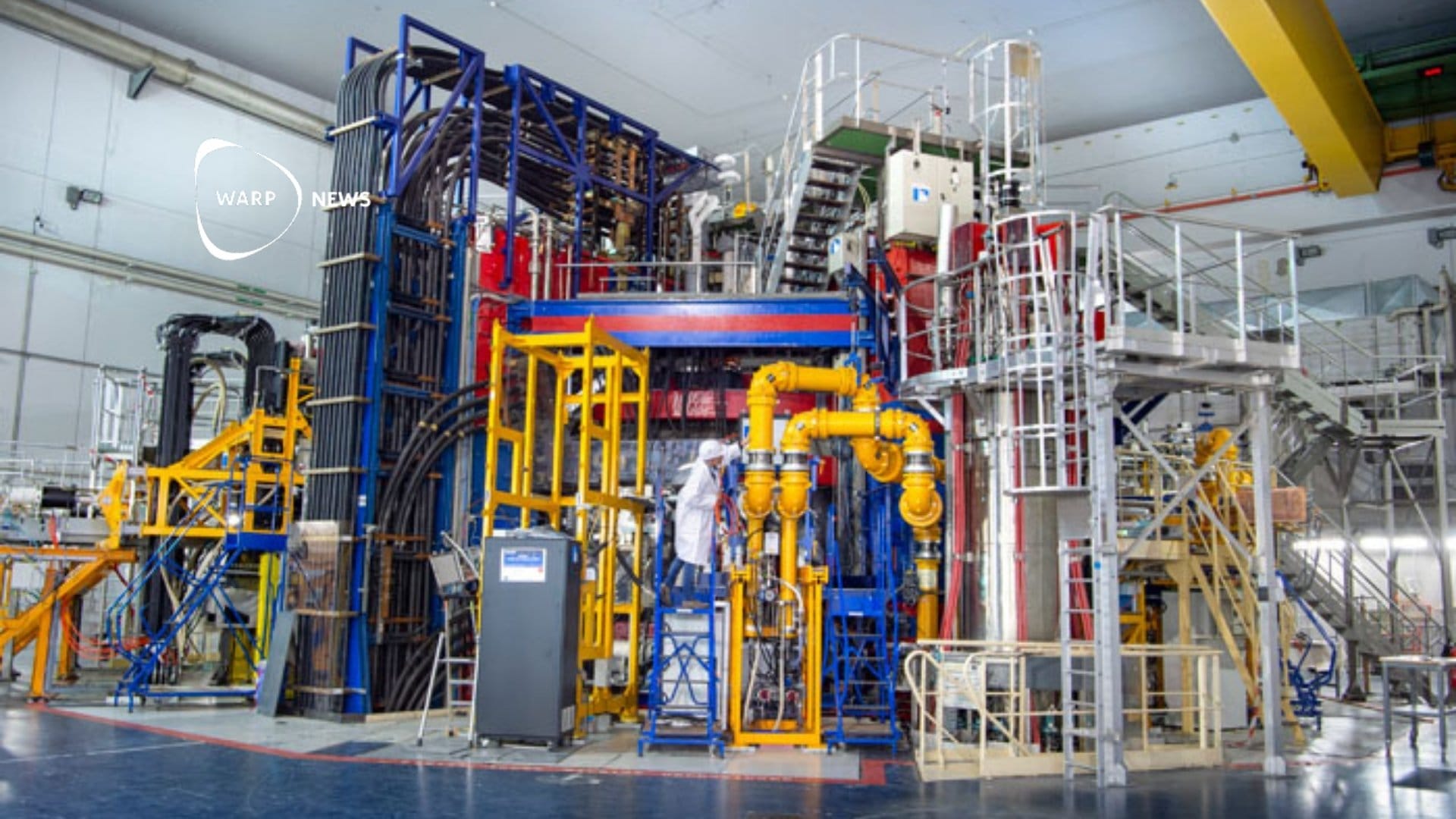
🔋 Towards the Energy Society - part 1
Jonas Birgersson made it into the history books as Sweden's foremost champion of the internet revolution. Now, he's using everything he learned then to do it again. This time it's an energy revolution.
Share this story!
In the summer of 2022, I drove my car from the cottage in southern Småland down to Lund. In the calm of July, I planned to sit down for a long conversation with Jonas Birgersson.
He greeted me wearing shorts, a shirt with a robot on, and a cap. This was roughly the same outfit he wore when he visited the White House.
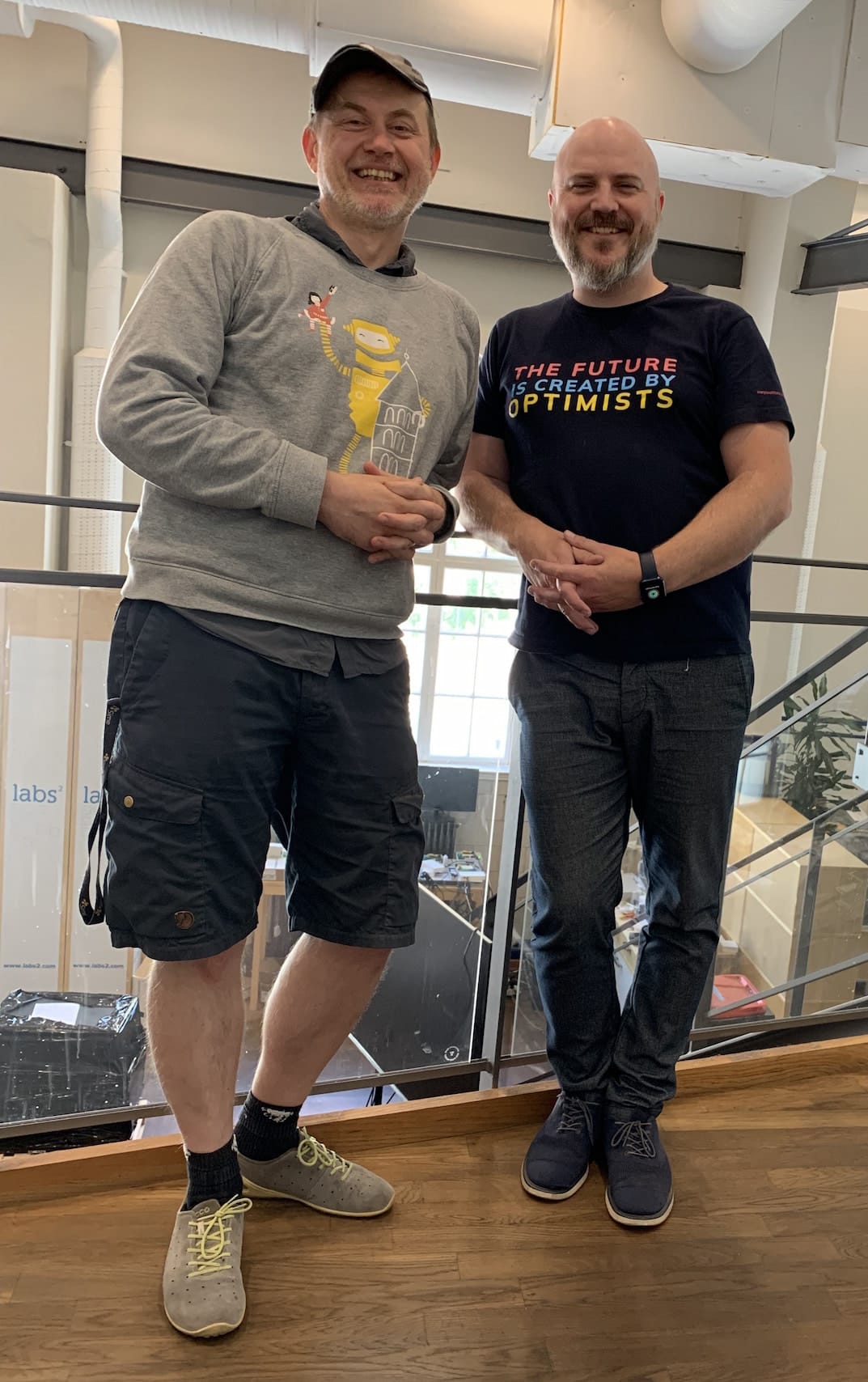
Nearly all Swedes who are 40 years or older know who Jonas Birgersson is, but not many younger people do. He was one of the most written-about individuals in Sweden at the end of the 1990s, but largely disappeared from the public eye after the dotcom bubble burst.
At the peak, his company Framfab was valued at four billion dollars, and he himself was a billionaire. Despite this, he lived in his student apartment, arguing that one could live well on the same financial level as a student.
The dotcom bubble was made up of grand visions about the future with the internet and huge economic expectations on the new internet companies. Both proved to be accurate in the long term, but what created a financial bubble was the short-term nature of the economic expectations.
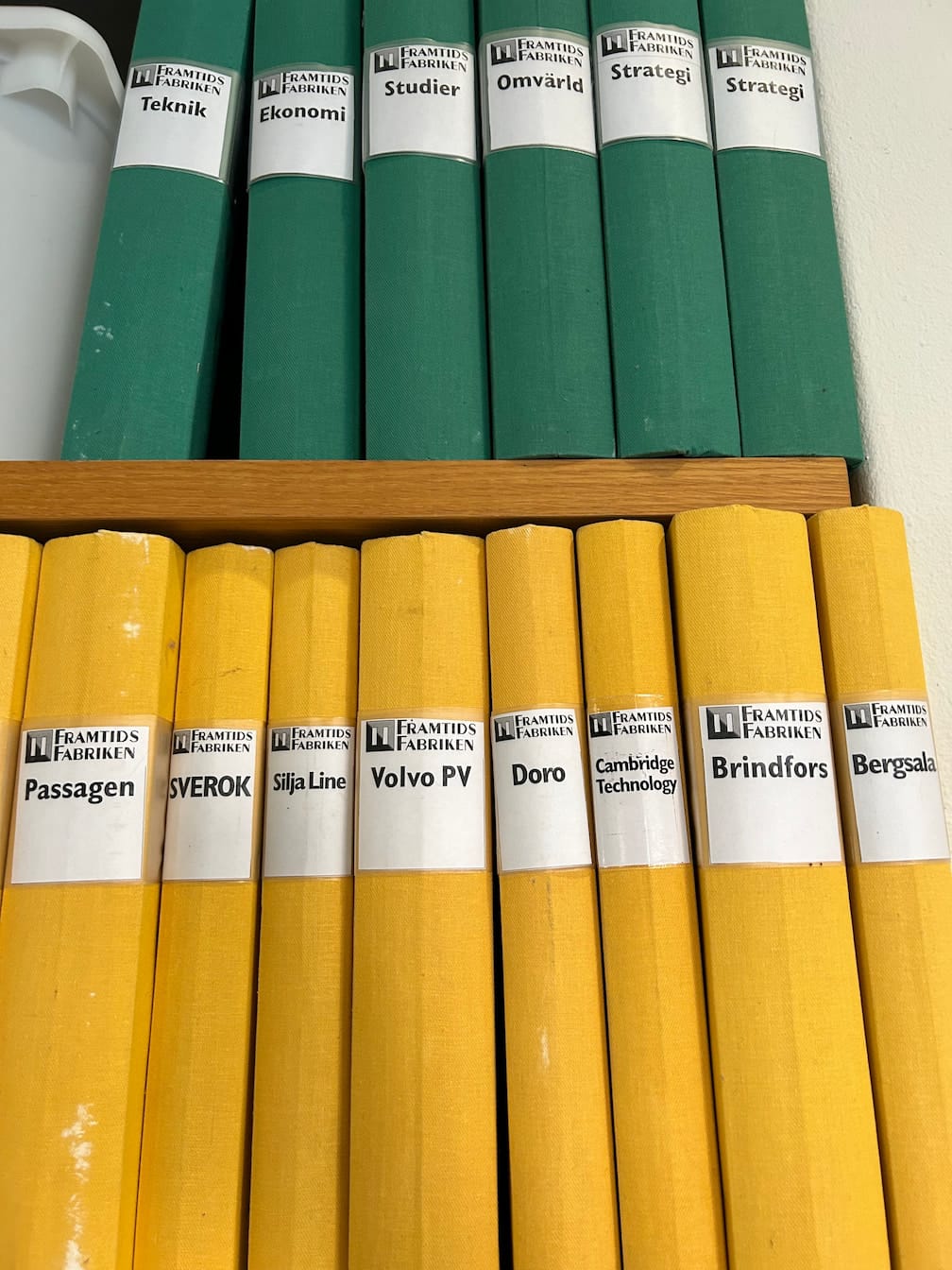
Despite the bubble, real value was created during those years. Outside Birgersson's office are some shelves with unassuming binders. But they contain Swedish internet history.
Fascinated, I flipped through the proposal to Volvo about building the world's first site where the customer online can assemble and order their car. And to IKEA about putting the URL on the front page of the IKEA catalogue.

A savior is born to us
What contributed to making Birgersson so talked about was his preaching and active work to build broadband. Many argued that the internet could not become big, as it would crash the telephone network. At that time, one dialed up the internet via a modem. It was slow and expensive. Therefore, Birgersson and others argued, broadband was needed.
He started Bredbandsbolaget (The Broadband Company) and accelerated the broadband expansion. Together with the home-PC reform, this contributed to Sweden being the country with the highest density of broadband and PCs in the world.
Birgersson became "Broadband Jesus" to the entire Swedish people.
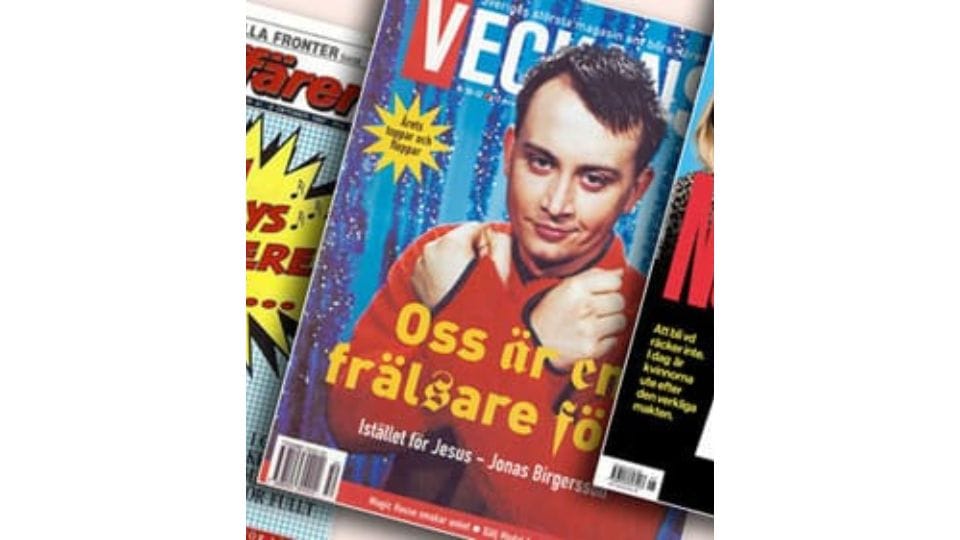
Even though he largely disappeared from the media in the early 2000s, Jonas Birgersson continued working with broadband. His companies ViaEuropa and Labs2 now operate over 125 networks cooperating with more than 150 independent service providers. These providers offer their services through open digital marketplaces to users in ten countries. They have also built national fiber projects around the world, including in Israel and Austria.
As early as 1999, ViaEuropa created the world's first neutral marketplace for broadband, in Hammarby Sjöstad, which made it possible for each resident to choose between different service providers. This has become an important factor for Sweden having the lowest price on broadband still today.
His plan is to do it again
The history is important, as Jonas Birgersson plans to use everything he learned from the internet revolution to create a new revolution. This time in energy.
As we sat in the summer-deserted office in Lund, he began talking about the energy society.
What is that, I wondered?
"What we saw as the next society after the network society – that was the energy society. We said this already from '95 to '97," said Birgersson.
The idea is to build small electricity networks where there is local electricity production, storage in batteries and other energy storages, and sharing of energy between properties within the network. But also – and this is crucial – sharing between networks.
With thousands of small networks connected, you suddenly have a new electricity network that operates parallel to the old one.
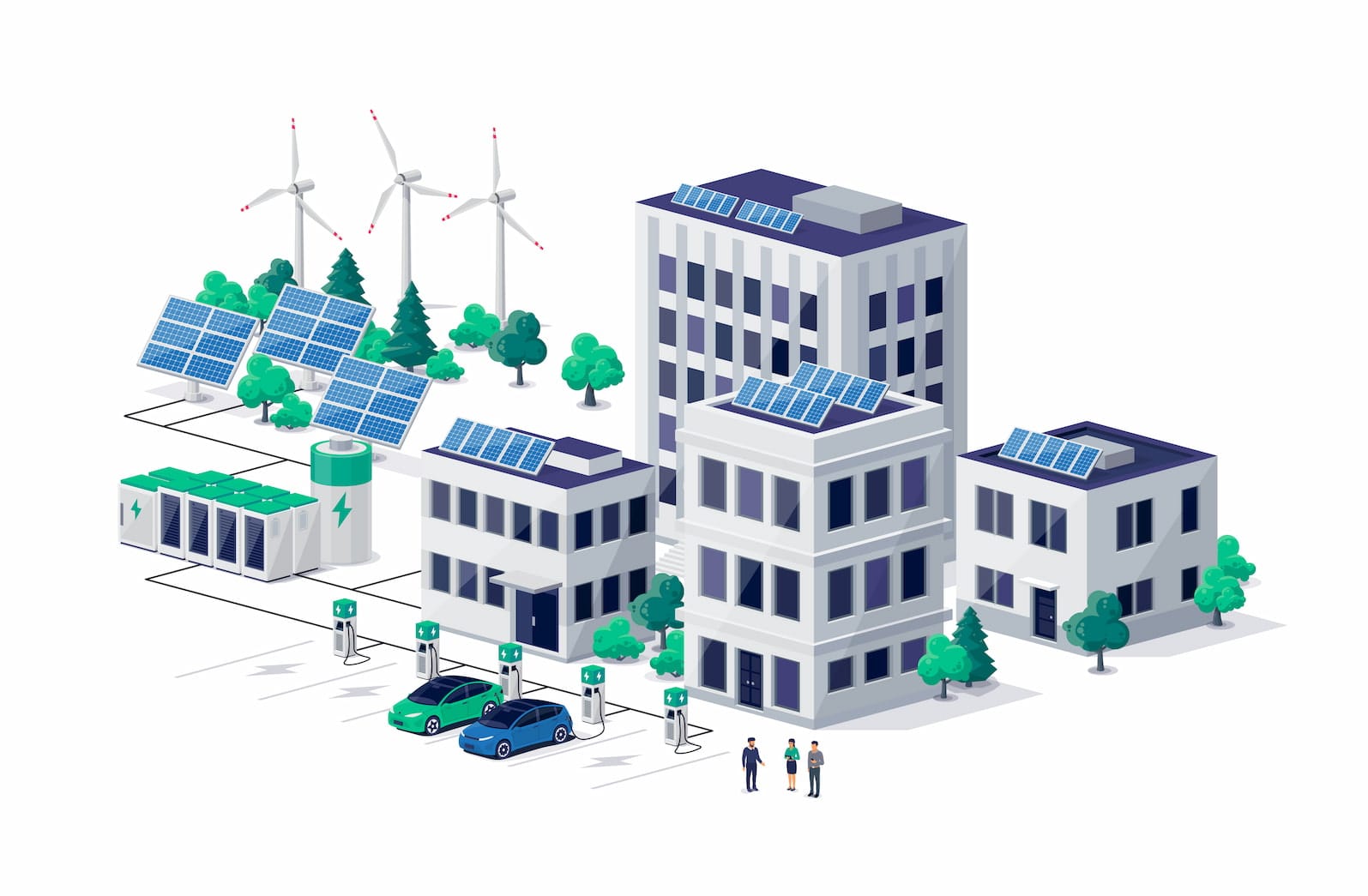
Does this remind you of anything? Yes, exactly: The Internet.
Thousands of small networks connected, where resources such as servers are shared and free flow of information is enabled.
With such a structure, it's possible to offer a low, fixed fee for access to the internet. When Birgersson said in the 90s that you would be able to get all the internet you need for a low, fixed fee, there were few who believed him.
Now he's saying the same thing about energy:
"Just as you started paying $20 a month for the internet, I believe we will come to the same thing for electricity. For a low, fixed price, you have all the electricity you need."
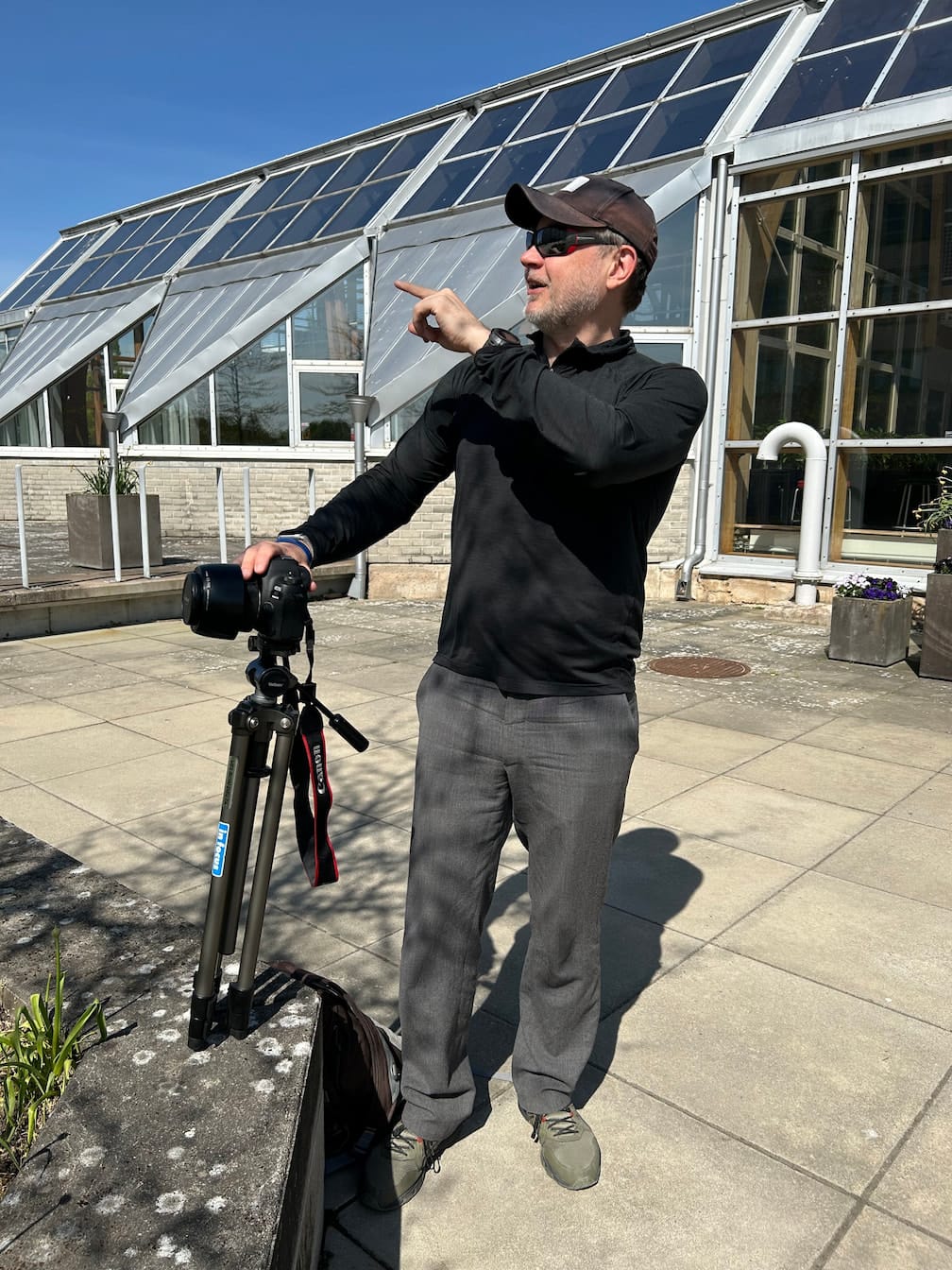
"You have to do this!"
When we went to lunch, I told Jonas, you have to do this! Yeah, he mumbled, but he had probably already decided to do it.
During the fall, we decided to join forces in the Project Energy Society. The Warp Institute foundation, which I started, took on the role to work with the community aspect and gather people who want to contribute to making this a reality.
Birgersson and his ViaEuropa were to handle the really tough, and initially much larger part, of practically building prototypes and starting to roll out the concept in Sweden and around the world.
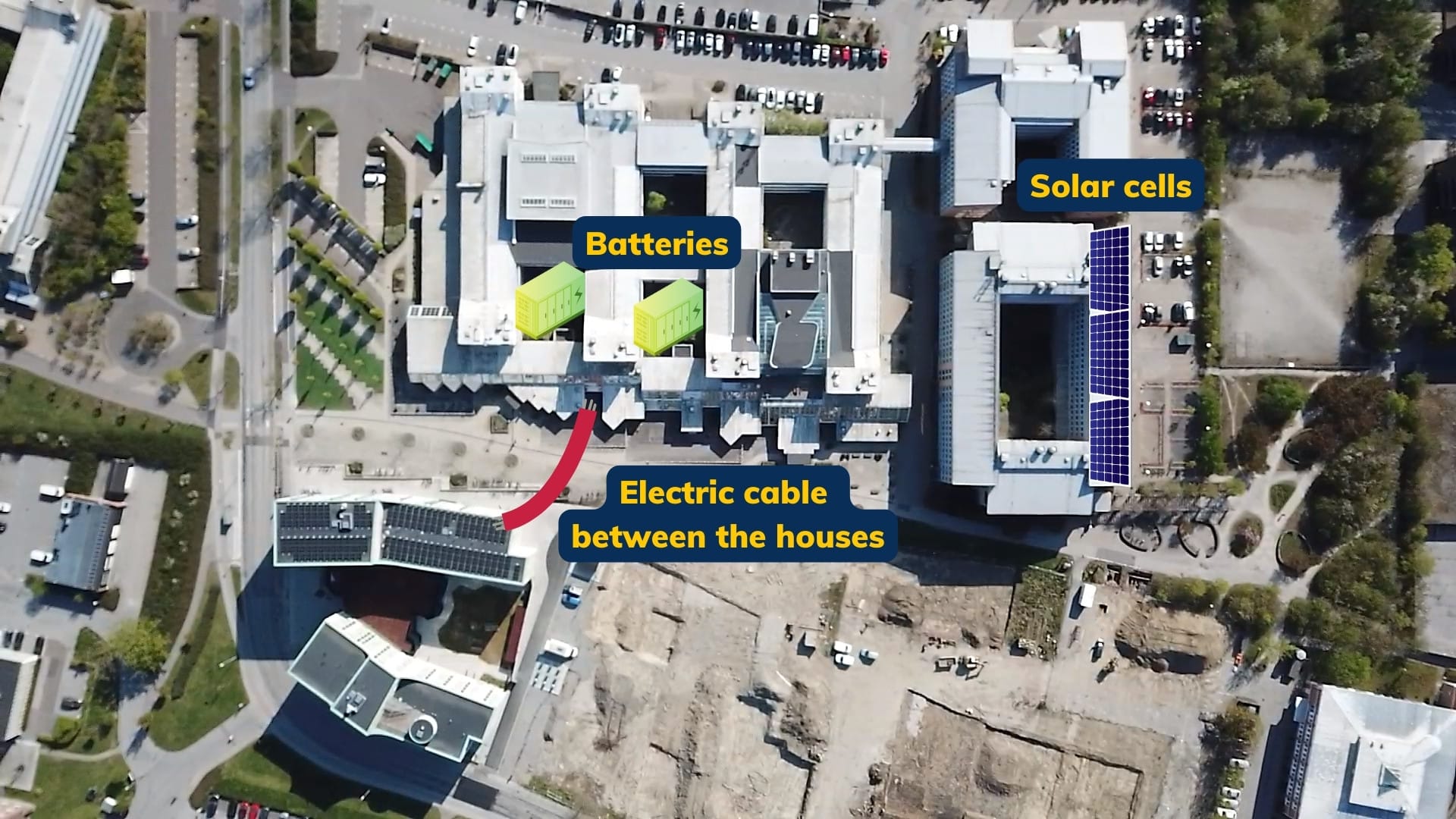
A lot has happened since then:
- Two prototypes are now being built in Lund.
- A collaboration has been initiated with the City of Lund.
- Vinnova has promised multi-million support.
- A manifesto for the Energy Society has been presented.
- Work on an open standard – an energy protocol – has started.
- Weäve made several media appearances.
Just last week, another major and important piece fell into place.
Again, there is a parallel to the 90s. In 1999, Bredbandsbolaget signed a contract with HSB, which meant that 350,000 households were offered broadband.
25 years later, ViaEuropa signs a contract with Sweden's Public Utility to develop a concept for the energy society. It will be offered to the public utility's over 300 housing companies, which together have one million apartments, a fifth of Swedish households.
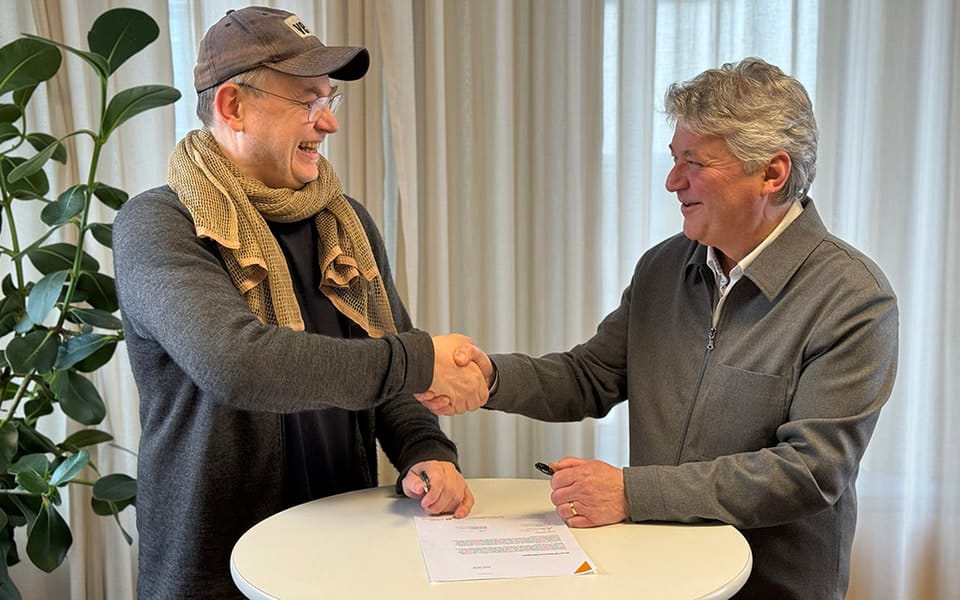
The snowball effect is close
A concept that includes both financing and technical solutions (solar panels on the roofs, batteries, etc.) can have a rapid effect. Real estate is the industry that uses the most electricity in Sweden. Then it's advantageous if a large portion of that electricity can come directly from the roofs, stored in batteries in the basement. According to the Swedish Energy Agency, the potential for Swedish roofs is about 50 TWh per year.
Once the concept is finalized and some pioneers have tested it and demonstrated both economic and environmental benefits, it can quickly catch on. It's not just public housing companies that will see the advantages, but of course, private property owners as well.
The expansion can then occur in parallel and does not have to wait for permits or money from the government. No need to build out large high-voltage grids.
The snowball has slowly started rolling down the hill. Soon it could start to gain momentum, and then it will move fast.
Can he do it again?
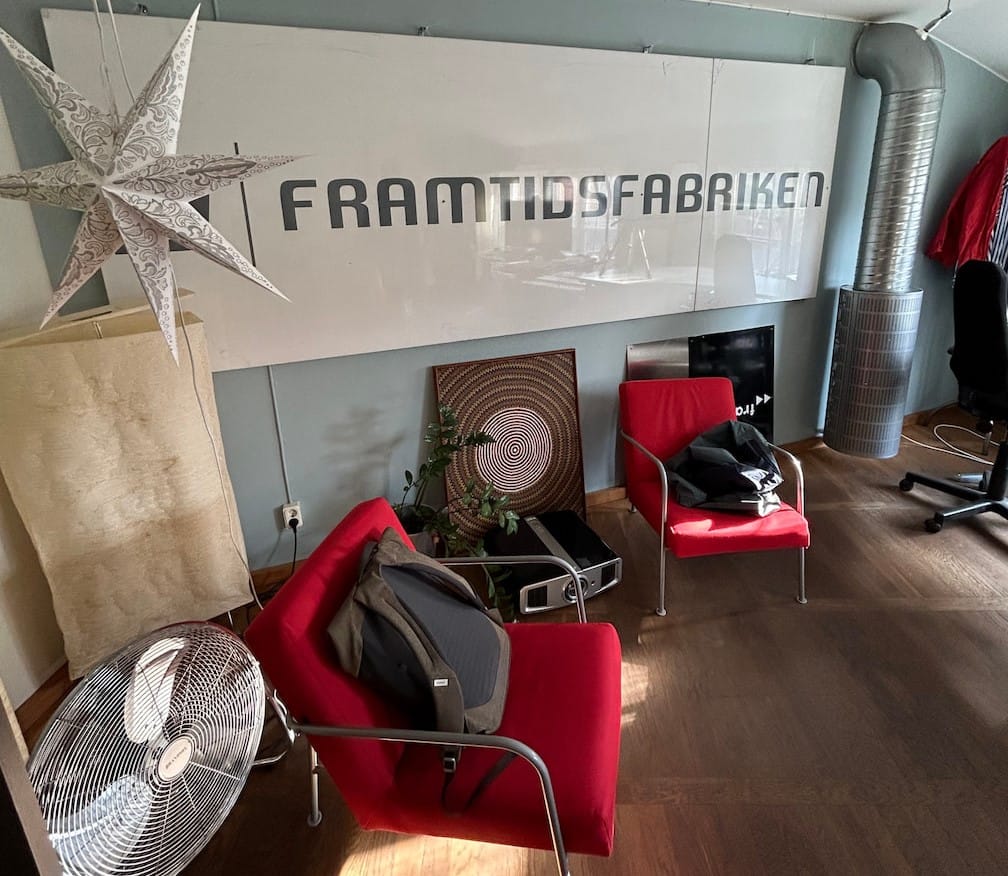
ViaEuropa's office is located in the old electricity building in Lund, which was renovated using internet money in the early 2000s. Behind an overwintered Christmas decoration in Jonas Birgersson's office, hangs an old sign from Framtidsfabriken. A memory of the once $4 billion company.
After our conversation, he walks away in the deserted landscape. I jump in the car and drive home.
On the way, I think about this man. He made history as Sweden's foremost champion of the internet revolution. Few things have been as transformative and positive as that. It's not a bad life's work. But imagine if he manages to start another revolution? One that gives us an abundance of cheap and clean energy.
From what I've seen after our discussion since the summer of 2022, it's definitely possible.
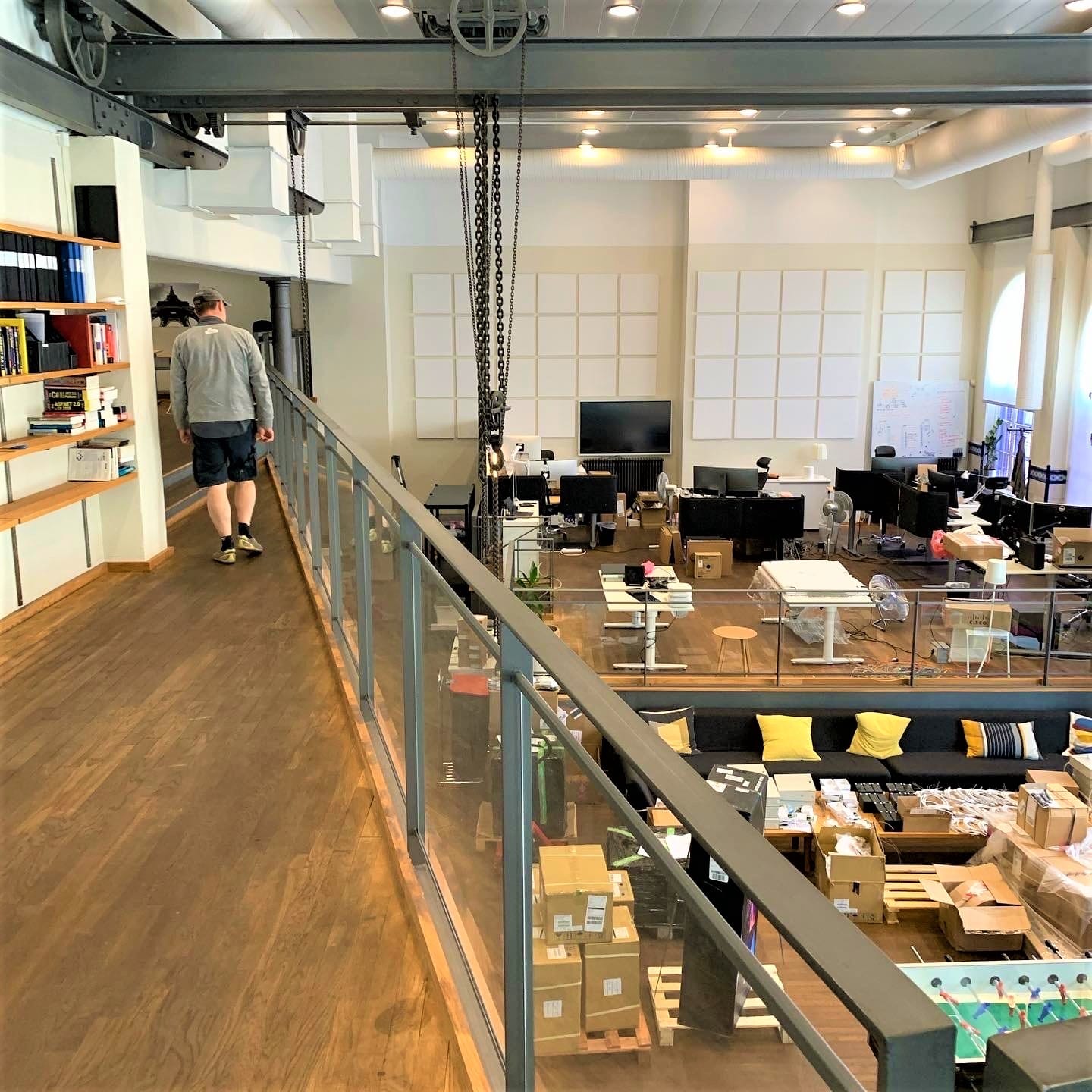
Mathias Sundin
The Angry Optimist
By becoming a premium supporter, you help in the creation and sharing of fact-based optimistic news all over the world.
